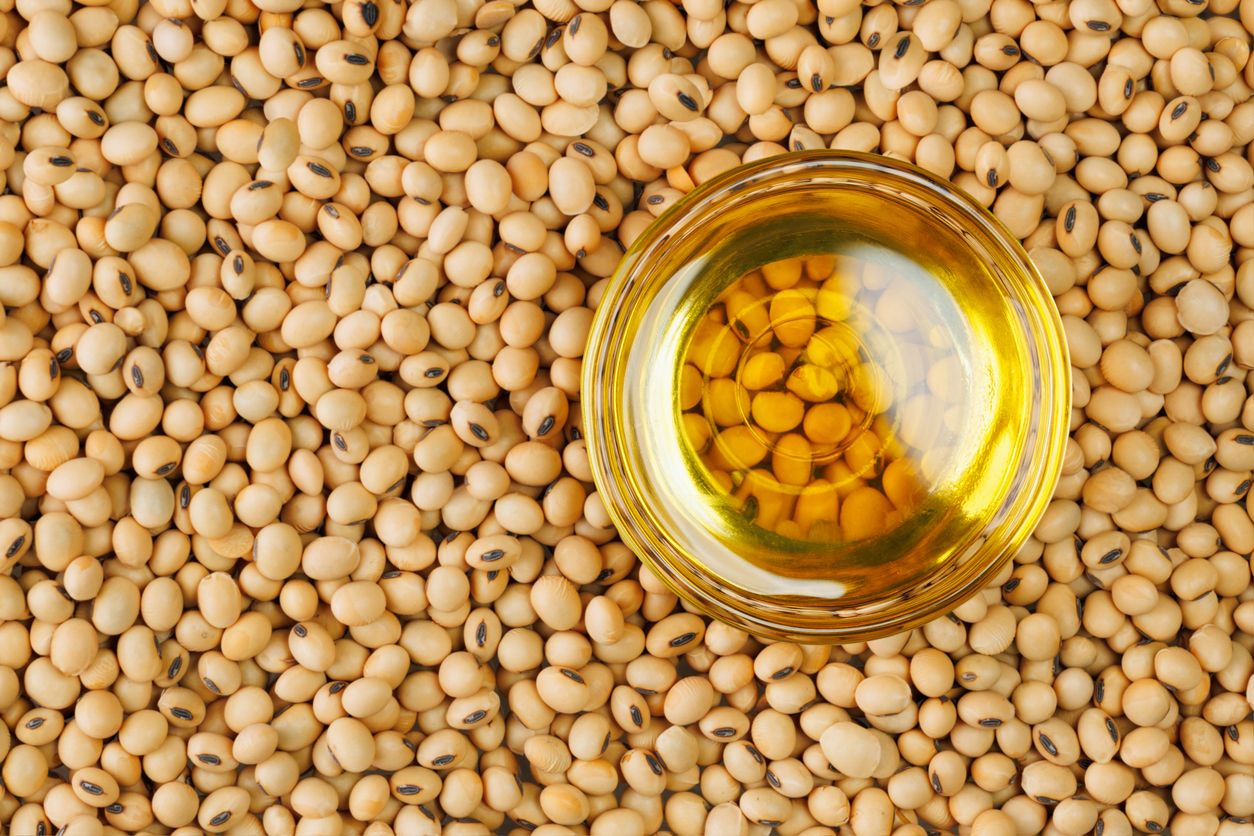Supporting Maize and Rice Farmers in Nigeria: Challenges and Opportunities
Nigeria is one of Africa’s leading producers of maize and rice, with millions of farmers across the country relying on these staple crops for their livelihoods. Despite its potential, maize and rice farming in Nigeria faces numerous challenges, from inconsistent supply chains to limited access to modern farming technologies. Understanding these challenges and exploring practical solutions is essential for both farmers and businesses involved in the agricultural sector.
Challenges Faced by Maize and Rice Farmers in Nigeria
1. Limited Access to Quality Seeds and Fertilizers
Many maize and rice farmers in Nigeria struggle to access high-quality seeds and fertilizers, which directly impacts crop yield. Low-quality inputs often result in poor growth, pest infestations, and low market value for the harvest.
2. Inadequate Infrastructure
Poor road networks and storage facilities make it difficult for farmers to transport and preserve their produce. This often leads to post-harvest losses and reduced income for farmers.
3. Financing and Credit Constraints
Securing affordable financing is a common hurdle for maize and rice farmers in Nigeria. Without access to loans or subsidies, many farmers cannot invest in mechanized equipment, irrigation systems, or premium inputs to boost production.
4. Market Access Challenges
Even when production is strong, farmers often struggle to reach profitable markets. Middlemen and fragmented distribution channels can significantly reduce the returns on their hard work.
Opportunities for Growth and Improvement
1. Adoption of Modern Farming Techniques
Encouraging the use of mechanized equipment, precision farming, and improved seed varieties can dramatically increase productivity. For maize and rice farmers in Nigeria, small investments in technology can yield significant returns.
2. Strengthening Supply Chains
Investments in transportation, storage, and cold chain infrastructure can reduce post-harvest losses. Efficient logistics not only protect farmer income but also ensure a consistent supply for wholesalers and distributors.
3. Access to Financing and Grants
Government programs, cooperative schemes, and private financial institutions can provide the funding farmers need to scale operations. Partnering with organizations that facilitate these opportunities can empower farmers and foster growth in the sector.
4. Partnership with Trading Companies
Collaborating with companies like Wigmore Trading can help maize and rice farmers in Nigeria access both local and international markets. By providing guidance on quality standards, bulk sales, and logistics support, Wigmore Trading helps farmers maximize profits and secure consistent buyers.
How Wigmore Trading Supports Nigerian Farmers
At Wigmore Trading, we specialize in sourcing and distributing high-quality agricultural produce, connecting farmers with reliable buyers. Our services help maize and rice farmers in Nigeria overcome logistical challenges, access premium markets, and grow sustainably.
We provide:
-
Market intelligence to identify profitable sales channels.
-
Logistics support to ensure timely delivery and reduced post-harvest losses.
-
Guidance on best practices in farming and storage.
Whether you are a smallholder farmer or a larger cooperative, Wigmore Trading can help you streamline your operations and maximize revenue.
Conclusion
Maize and rice farmers in Nigeria are the backbone of the country’s food supply. While challenges such as limited inputs, infrastructure gaps, and financing constraints persist, practical solutions exist. By adopting modern farming methods, improving logistics, and partnering with experienced trading companies like Wigmore Trading, farmers can unlock growth and profitability.
Get in touch with our team to learn more about how we can help you thrive in Nigeria’s agricultural market.








Comments are closed.